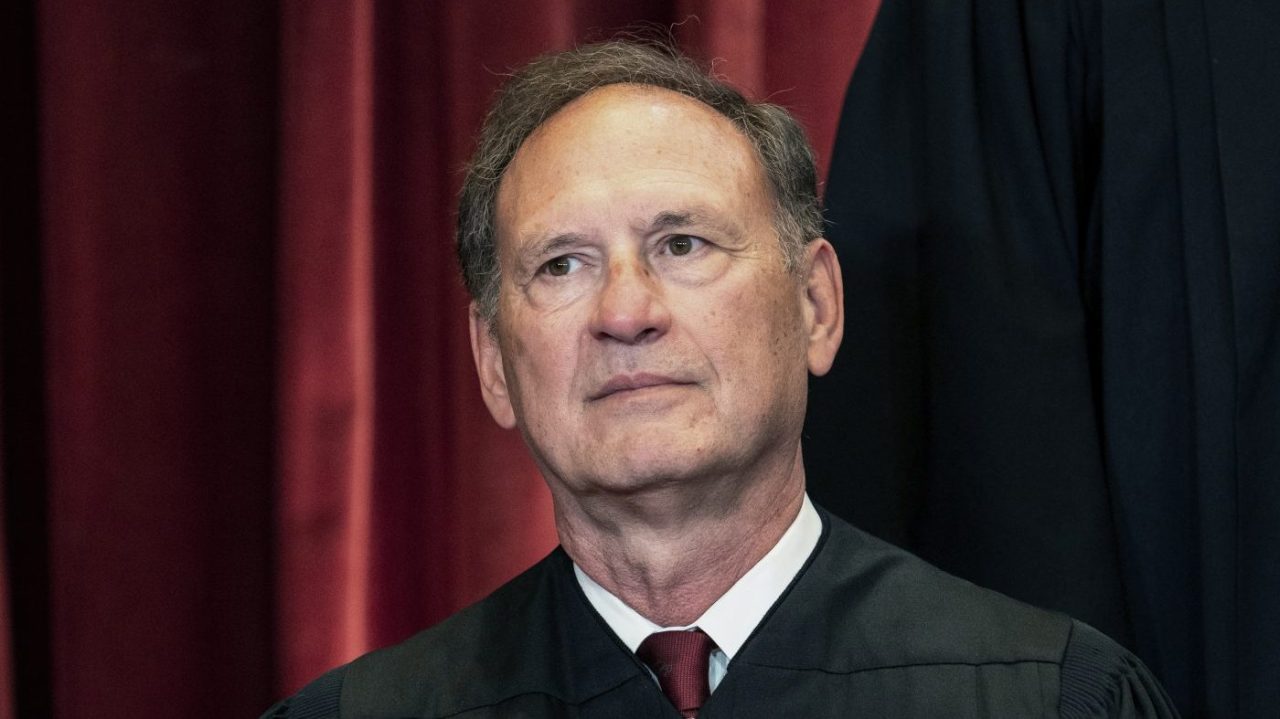Supreme Court Justice Samuel Alito no doubt intended to shock the political world when he told interviewers for the Wall Street Journal that “No provision in the Constitution gives [Congress] the authority to regulate the Supreme Court — period.”
Many observers dismissed his comment out of hand, noting the express language in Article III, establishing the court’s jurisdiction under “such regulations as the Congress shall make.”
But Alito wasn’t bluffing. His recently issued statement, declining to recuse himself in a controversial case, was issued without a single citation or reference to the controlling federal statute. Nor did he mention or adhere to the test for recusal that other justices have acknowledged in similar circumstances. It was as though he declared himself above the law.


Portugal, but other countries have similar systems in place, for example Germany has a similar system but with 12 years terms. Some countries like Spain and France give different institutions (the head of state, the parliament, other courts, etc) the power to nominate a set number of judges, to try to prevent the court from becoming lopsided, but honestly I don’t think that works that well, France in particular has an history with judges participating in party politics.